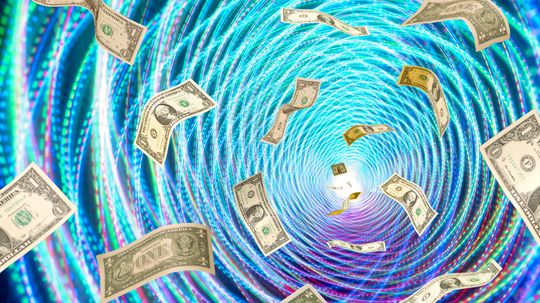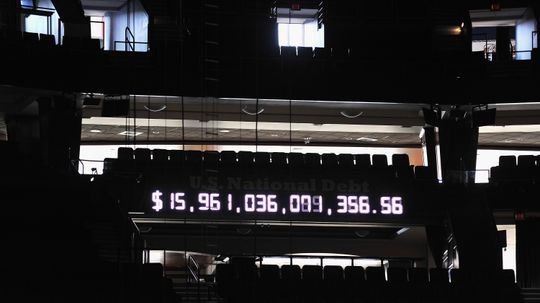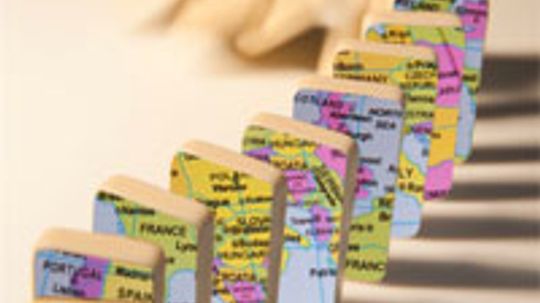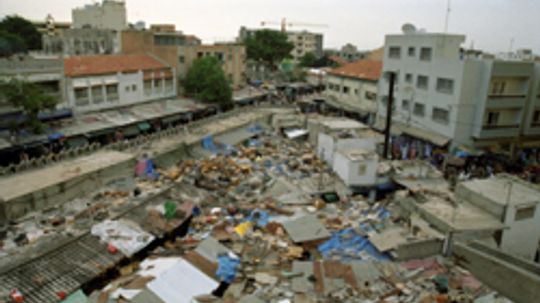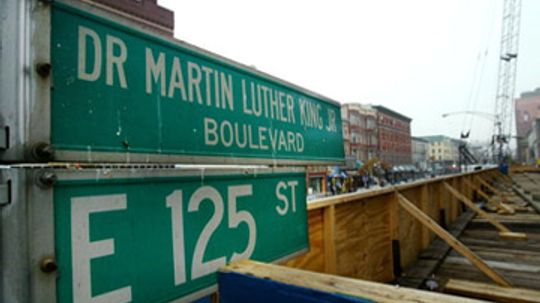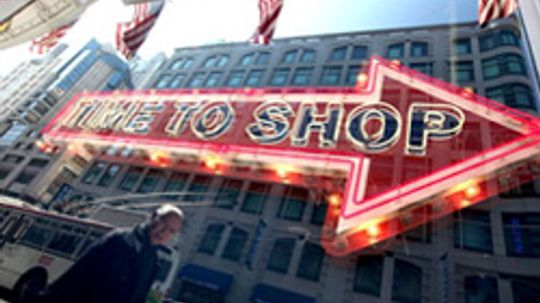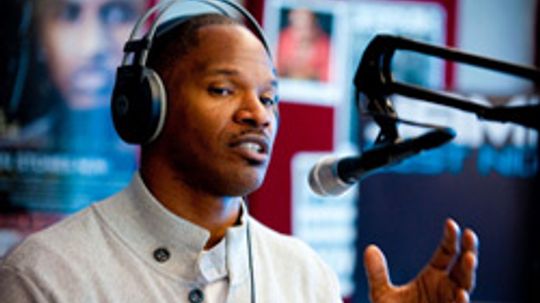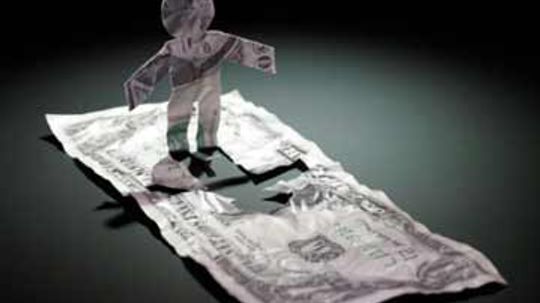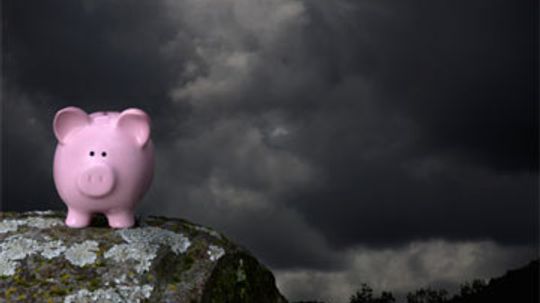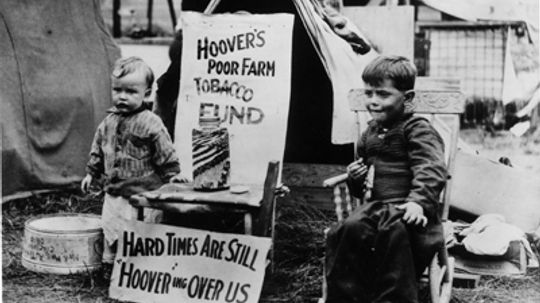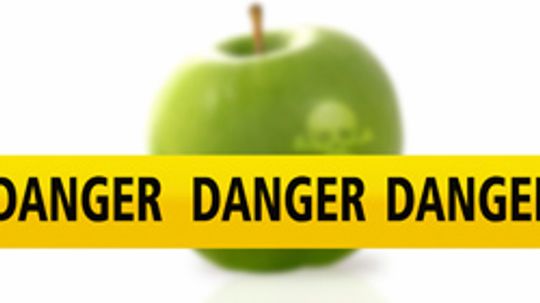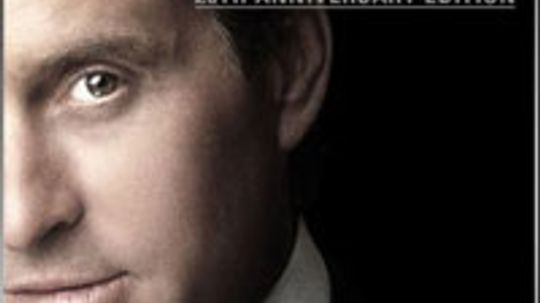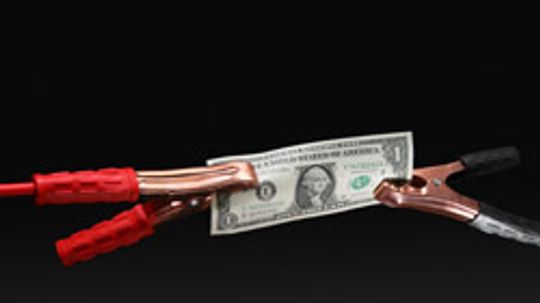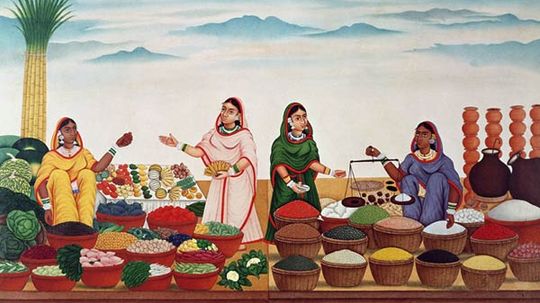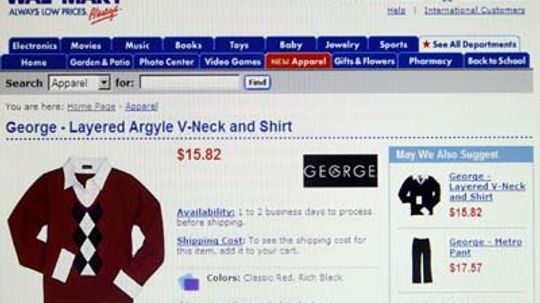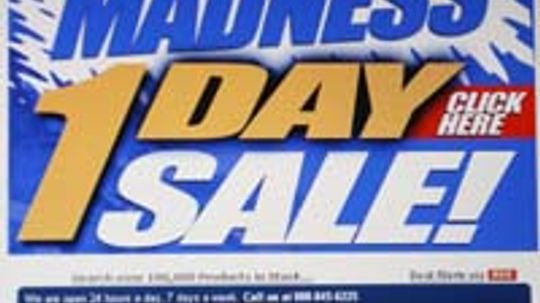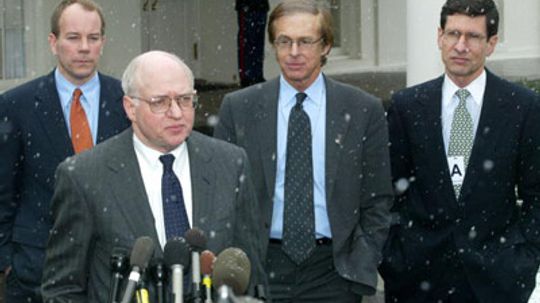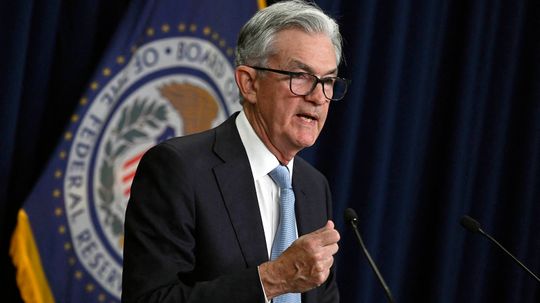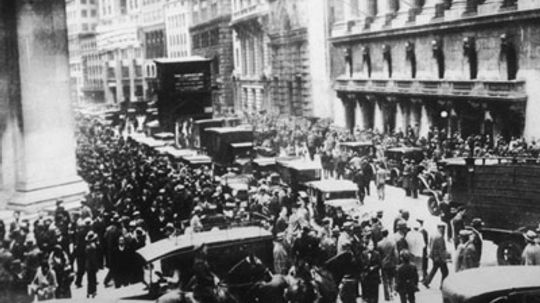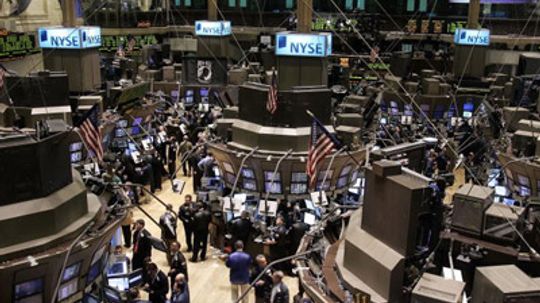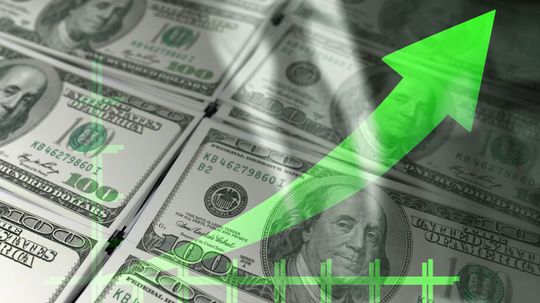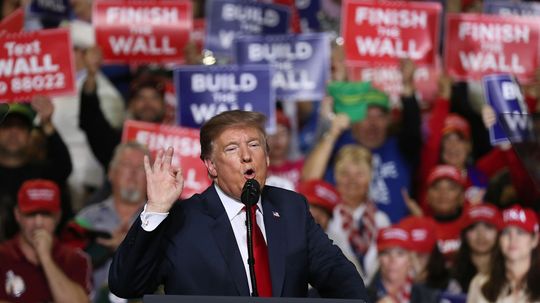Economic Concepts
Economic concepts are widely used but not always defined clearly. Read up on the nature of capitalism, learn how much power the Fed really has and more.

Want to Support Veterans? 4 Tips for Finding Good Charities

No Shave November Is More Than Mustache Month
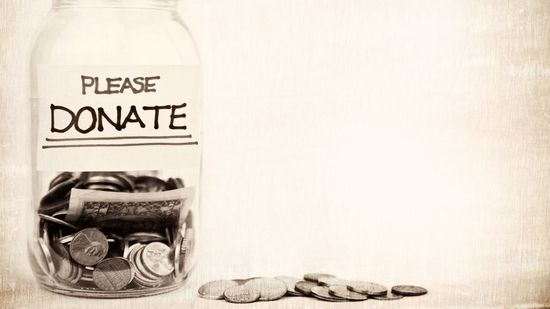
5 Questions to Ask Before Donating to a Charity
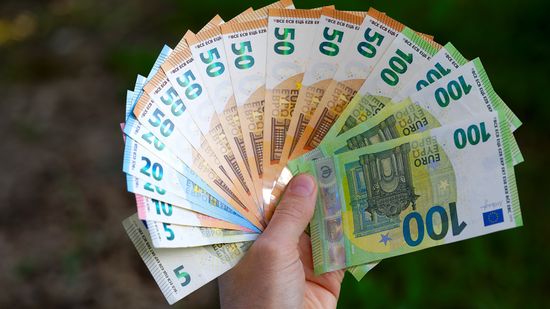
The Least Valuable Currency, Compared to the U.S. Dollar
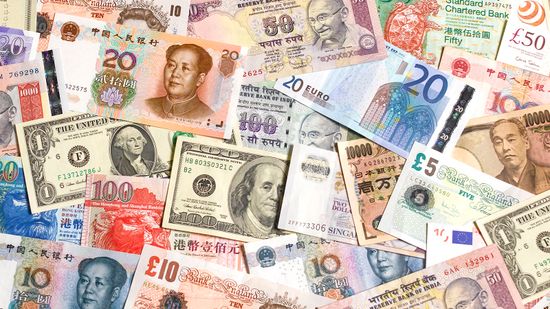
What Is the Strongest Currency in the World?
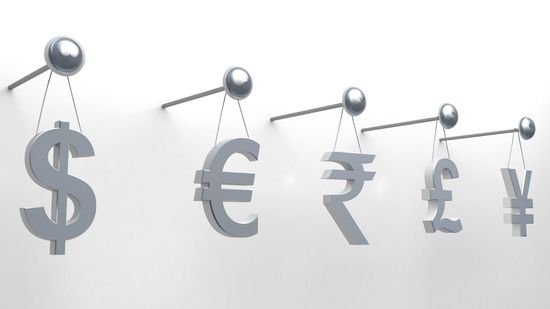
The Fascinating Stories Behind 5 of the World's Big Currency Symbols
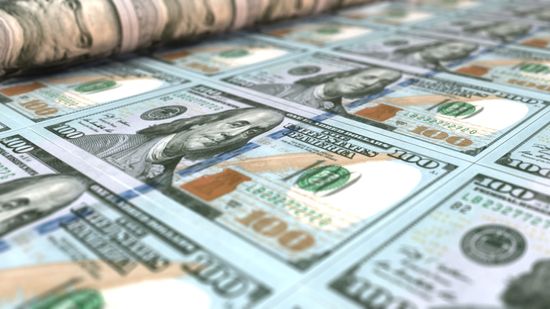
The 10 Countries With the Most Billionaires Span 4 Continents

How Many Billionaires Are in the U.S.? More Than Any Other Nation
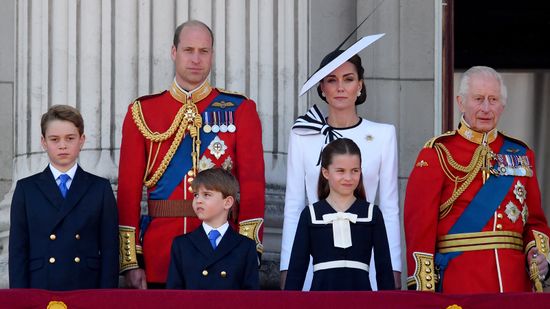
The Richest Kid in the World Is Worth $5B — Which Royal Is It?
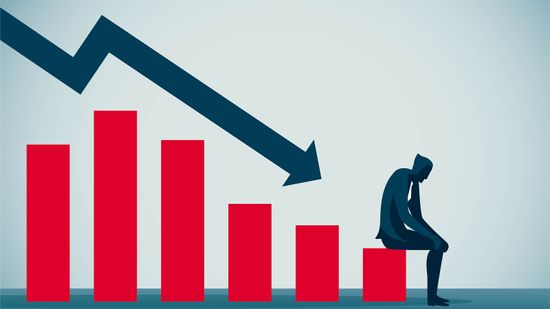
10 Worst Recessions in U.S. History, Listed Chronologically
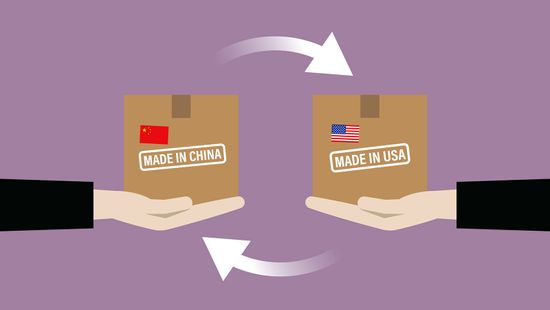
Retaliatory Tariffs, Trade Wars, Crashing Economies, Oh My!
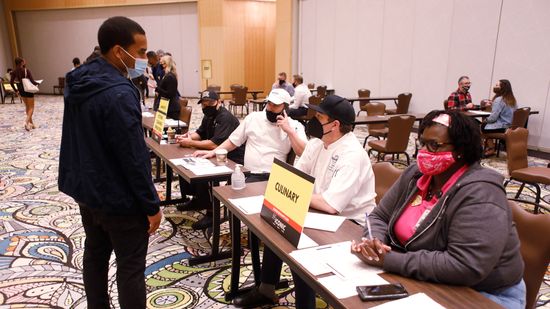
Why the U.S. Monthly Jobs Report Matters
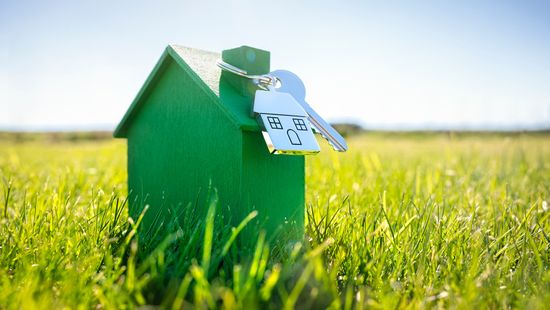
10 Landlord-friendly States (Spoiler: No West Coast Candidates)
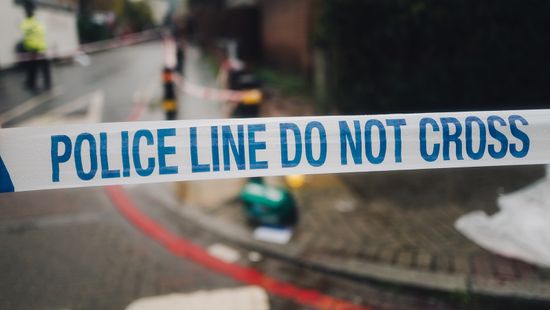
Most Dangerous Cities in the U.S. by Cost of Crime per Capita
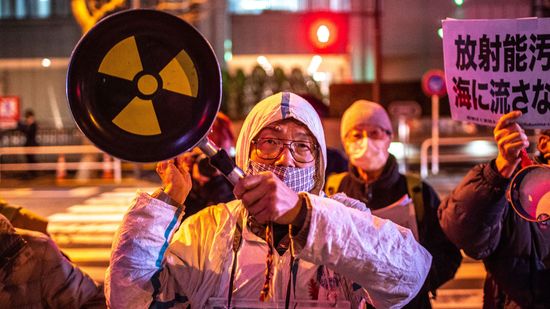
Who Paid the Largest Criminal Fine in History and Why?

Neighbor-spoofing Robocalls Are the New Nuisance
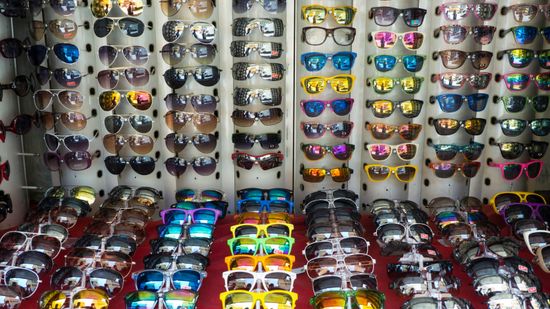
The 10 Most Counterfeited Products in The World
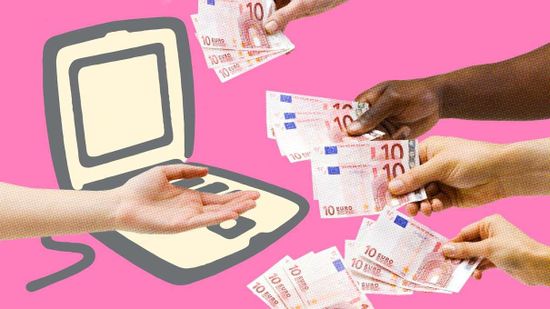
Crowdfunding or Crimefunding? Fraudsters Kickstart Money Laundering Campaigns
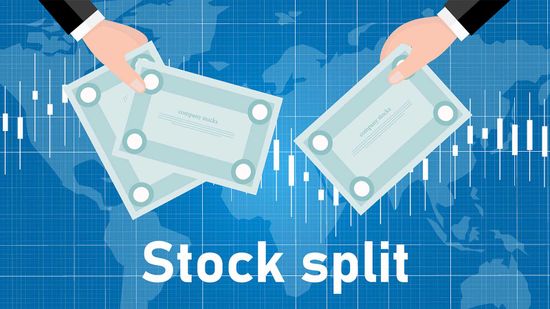
Why Big Companies Like Tesla and Amazon Are Splitting Stocks
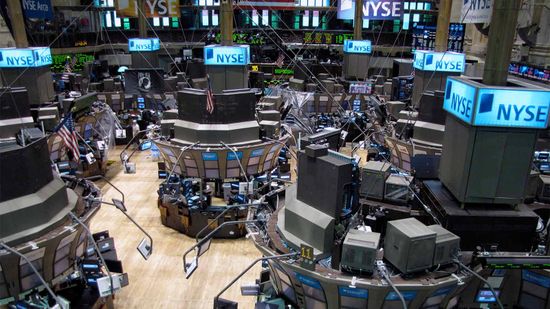
What Time Does the Stock Market Open?
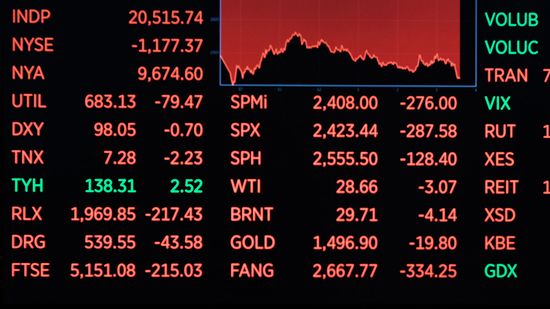
What Causes Stock Market Trading to Halt?

How to Volunteer to Help Disabled Veterans
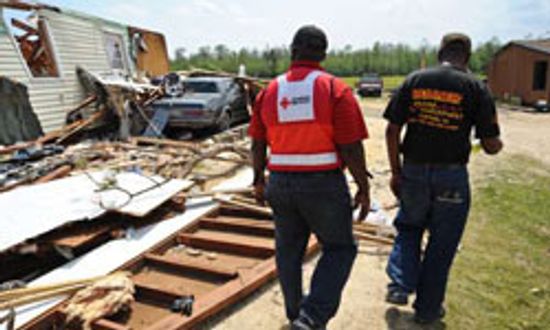
10 Best Volunteer Activities in Retirement

Does the Peace Corps want retired volunteers?
Learn More / Page 2
Inflation is often defined as too many dollars chasing too few goods. But what does that really mean? And how does it affect the price of goods?
By Dave Roos
Just like the rest of us, superpowers can have trouble paying the bills. But instead of using a Visa card with a really high limit, the U.S. borrows money from its citizens. What it owes is called the national debt. Why does it matter?
By Dave Roos
Countries around the world, collectively, have run up at least $40 trillion in debt, but some are worse off than others. Which nations have the largest slices of that massive debt pie?
Advertisement
Some places rise in a blaze of glory, growing and flourishing to become the envy of the world. Other towns seem destined for success -- until their luck runs out.
How did once run-down neighborhoods like Times Square and the Bowery become such gleaming jewels of New York City geography? It took time, but a process known as gentrification transformed these areas into some of the hottest properties in New York.
By Dave Roos
According to some economists, the most recent U.S. recession ended in June 2009, but why can't we see it? It may surprise you to learn that the economy is showing signs of life, and here are 10 of the most vital.
Remember when airlines served full meals or when you could hear your favorite up-and-coming band on mainstream radio? Those days are gone thanks to governmental deregulation. Here are a few other effects of deregulation that we didn't see coming.
Advertisement
Free enterprise means unfettered industry powered by profit-focused individuals. But after the labor and finance abuses of the Gilded Age, many people felt the men at the top got too much of the pie. Where are we now?
It might seem impossible for a stagnant economy and high inflation rates to coexist, but that exact situation -- known as stagflation -- existed in the 1970s. Could it happen again? How can it be prevented?
By Dave Roos
An economic bubble forms when an asset is allowed to irrationally increase in value before crashing down to earth and leaving a financial mess behind. As the global economy continues its freefall, people are waiting for the next bubble to pop.
By Dave Roos
Research shows that happy workers are productive ones, so the tiny Kingdom of Bhutan took the radical step of measuring the impact of the country's happiness on its economy. Is Gross National Happiness a reliable economic indicator?
By Josh Clark
Advertisement
We can't live without food. But sometimes instead of nourishing our bodies, it can actually kill us. And it's no cheap (or easy) task to get that food off the market. These are 10 of the biggest food recalls in history.
By Jane McGrath
When you want sound financial advice, you probably don't think to consult the woman selling $30 tubes of lipstick at the cosmetics counter. But could she have a better handle on the whims of the economy than your CPA does?
In the type of free market Adam Smith, father of capitalism, imagined, markets would correct themselves in the face of recession by weeding out weak businesses and individuals. Why bail out bad failing business, then?
By Josh Clark
It may not be pretty, but recessions affect us all. So how do they occur? Trace the economy's path in the 21st century from subprime collapse to the mortgage crisis to the credit market crisis.
Advertisement
Imagine a world without cash or credit cards. You'd barter to get what you need and want. Today, people and businesses are still trading goods and services. But can these cash-free transactions be taxed?
By Jane McGrath
E-commerce, or shopping online, offers advantages for both consumers and retailers. See how to make the most of online shopping.
By Dave Roos
While the history of e-commerce is short, e-commerce has changed how we do business online. Learn more about the history of e-commerce.
By Dave Roos
Bleak images from the Great Depression strike fear in the hearts of people who believe that a recession in the United States could cause history to repeat itself. But does recession always lead to depression?
By Josh Clark
Advertisement
The Federal Reserve hiked the interest rate by 0.75 percent July 27, 2022 - the second time in less than two months. Will this historic rate hike curb the unprecedented inflation?
By Sarah Gleim
In a free market economy, the law of supply and demand dominates. But if the economy is in a downward spiral, could the government really save it?
By Josh Clark
Socialism is more than just agrarian communes: It's a principle, lifestyle and economic system that aims toward cooperative, ideal societies. But does it work?
By Alia Hoyt
The essence of capitalism is economic freedom and the belief that widespread personal wealth will lead to societal well-being. But does anyone even practice true capitalism these days?
By Julia Layton
Advertisement
Interest rates are simply the cost of borrowing money. But they also have a huge effect on the U.S. economy. So, who decides what the rates should be and why?
By Dave Roos
How can the government just take over and destroy property and buildings? And why do we let them? It's called eminent domain - and it's in the Constitution.
